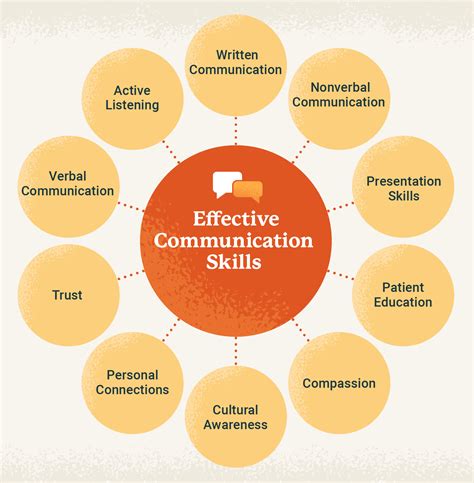Effective Email Communication with Your Nurse Practitioner
Effective communication is crucial for optimal healthcare. With the increasing use of telehealth and electronic medical records, email has become a significant tool for interacting with your nurse practitioner (NP). However, using email effectively requires understanding both etiquette and best practices. This article explores how to communicate clearly and efficiently with your NP via email, ensuring your message is received, understood, and acted upon promptly.
What Information Should I Include in My Email to My Nurse Practitioner?
When emailing your NP, be clear, concise, and organized. Begin with a concise subject line that accurately reflects your reason for contacting them. For example, instead of "Question," use "Follow-up on Blood Test Results" or "Appointment Reschedule Request." This helps your NP prioritize your email effectively. Within the body of the email, clearly state your reason for contacting them, including specific details such as dates, times, medications, and symptoms. Avoid ambiguity; the clearer your message, the better your NP can understand your needs.
How Long Should I Wait for a Response from My Nurse Practitioner?
The response time from your NP can vary depending on their workload and the urgency of your request. While some practices may offer same-day responses for urgent matters, routine inquiries might take a few business days. If your email concerns an urgent medical issue, consider calling the office directly instead of relying solely on email. Most practices will specify their response time policy on their website or answering machine.
What Should I Not Include in an Email to My Nurse Practitioner?
Avoid including sensitive personal information like social security numbers, credit card details, or detailed medical history in your emails. Email isn't a secure form of communication for such sensitive data. Also, refrain from sending multiple emails about the same issue without first checking for a response. This can clog their inbox and delay a response. Finally, avoid using email to discuss urgent or life-threatening medical situations. For emergencies, always call your NP's office or dial 911.
Can I Ask My Nurse Practitioner Medical Questions Through Email?
Yes, you can ask non-urgent medical questions via email. However, remember that email isn't a substitute for a face-to-face or telehealth appointment. Simple questions about medication refills, test results, or general inquiries are usually suitable for email. However, complex medical concerns, new symptoms, or urgent situations require a direct consultation. Your NP might respond to simple questions via email, but for anything requiring a detailed assessment or diagnosis, they'll likely schedule an appointment.
How Can I Make My Email Communication More Effective?
To improve communication, use a professional tone in your emails. Avoid using informal language or slang. Proofread your email before sending it to ensure clarity and avoid any misunderstandings. Provide all necessary details upfront, minimizing the need for back-and-forth communication. Remember that your NP likely has many patients, so clear and concise communication saves time for both of you.
What if I Don't Receive a Response from My Nurse Practitioner?
If you haven't received a response within a reasonable timeframe (as noted by your practice's policy), it's appropriate to follow up with a phone call. Sometimes emails get lost in transit or overlooked. A phone call ensures your message is received and addressed promptly.
By following these guidelines, you can significantly improve your email communication with your nurse practitioner, leading to more efficient and effective healthcare management. Remember that clear, concise, and professional communication is key to a positive patient-provider relationship.

